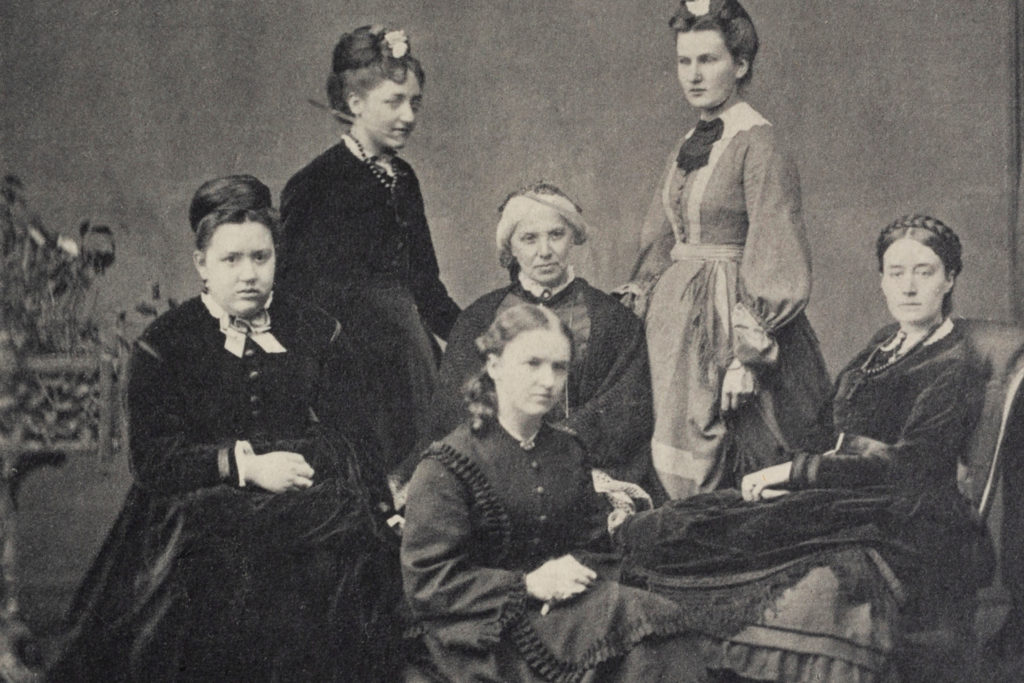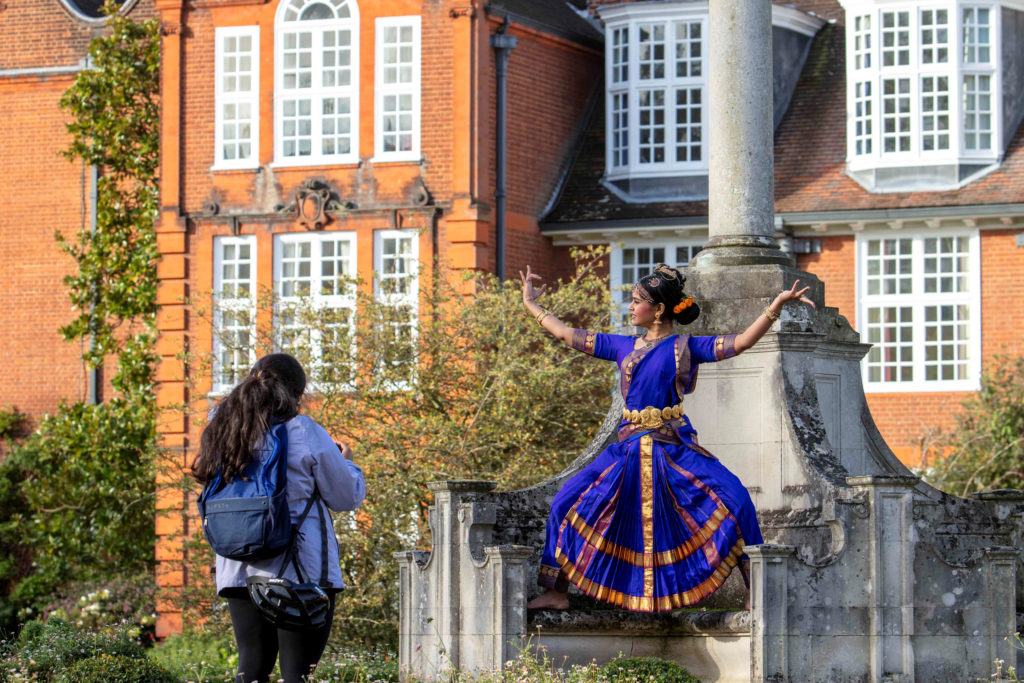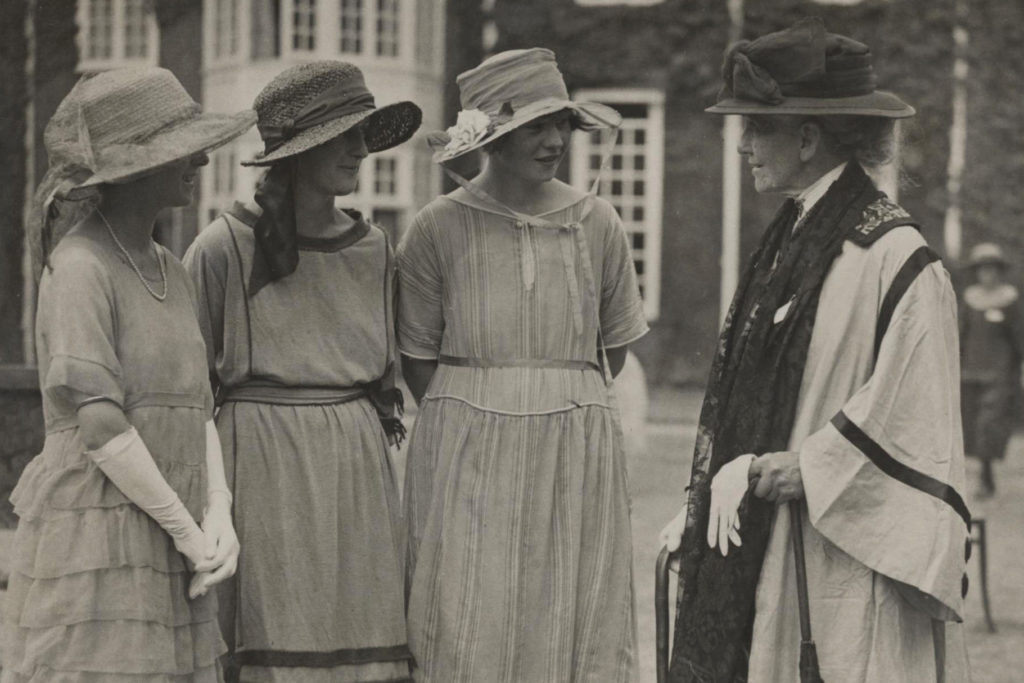Prof Rae Langton gives Newnham Anniversary Lecture on Free Speech
Prof Rae Langton gave the second 150th Anniversary lecture last week, on the topic of free speech and democracy. Prof Rae Langton is a Fellow of Newnham, and the current holder of the Knightbridge Chair of Philosophy, the Chair formerly held by Prof Henry Sidgwick.
“We can think a bit harder about speech, and about freedom, and how we all have a part to play in making free speech real,” Prof Langton argued.
In a thoughtful and thought-provoking talk, she invited us to see free speech as “the protection and enablement of speech acts that matter.”
She explored the ways in which speech is itself an action (a promise, a contract, an incitement to violence…), the responsibilities that our speech entails, and how the nature of speech can be dependent on context.
But free, in this sense, does not mean cheap. “Freedom has costs,” she reminded us. Free speech can give us the disadvantages of other people’s free speech, and the pain or limitations it may cause to others. We have seen how free speech, in the form of robot algorithms on social media, can damage democracy. Of late, we have heard politicians talk openly about how they have made statements with no regard to whether or not they are true: a distortion of free speech.
Prof Langton showed how many thinkers have argued that free speech requires active resources: whether this is Virginia Woolf’s “room of one’s own” and the resources to speak, or the legal protection that enables individuals to state an opinion.
Free speech is not automatically available to us, but rather needs empowering – and “not by law alone”. Prof Langton argued that as a society we build social rules which enable or disempower each other’s speech. One example is that of sexual consent, where unwritten social rules can mean that an individual’s “no” is heard as a yes.
She explored the extent to which social speech acts such as pornography shape our understandings of behaviour, generating their own directive rules, backed up by sanctions, about how to have sex, and rules as to what counts of a consent, or refusal. “This, in practice, is what silencing can look like,” she argued.
Free speech is a root to truth and knowledge, and as well as an empowered speaker, it requires an active audience.
“We need to talk about what matters,” she concluded, and “what matters” cannot have a simple or unified answer.
You can watch the lecture here:






